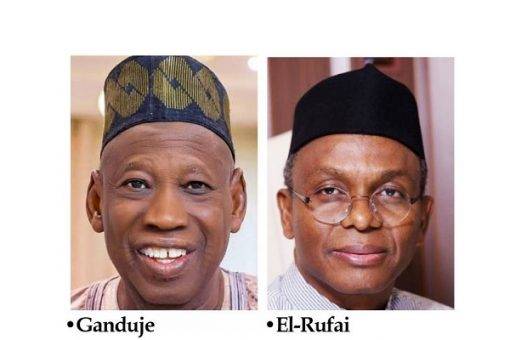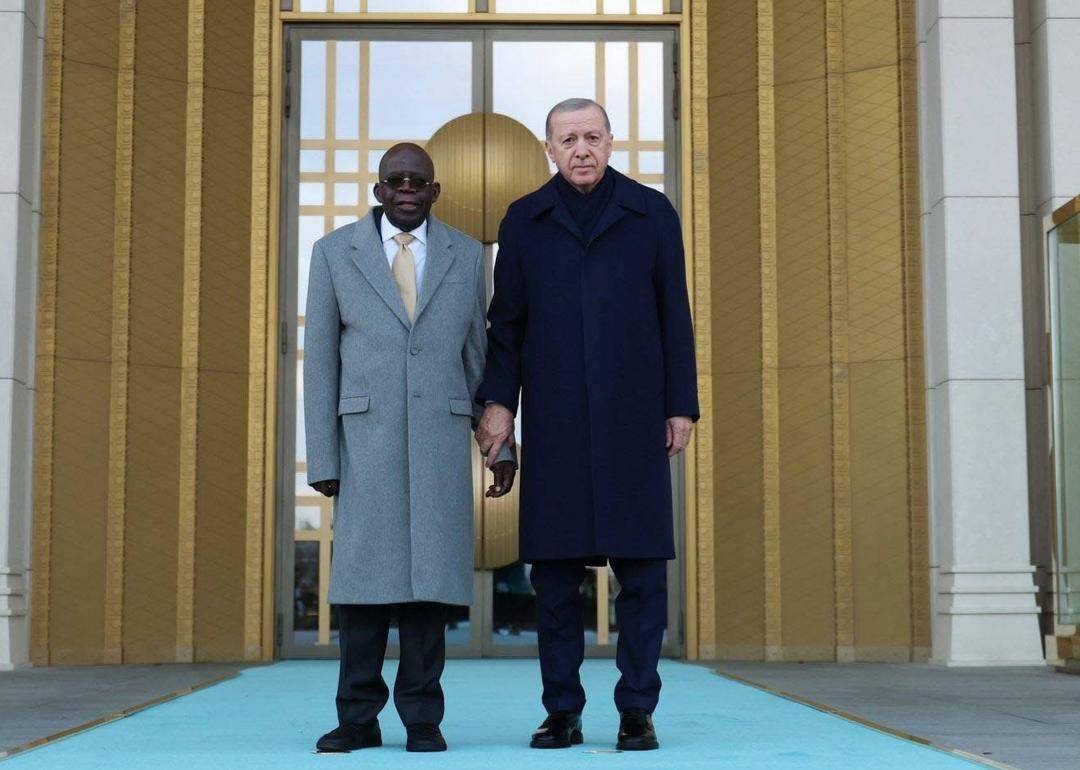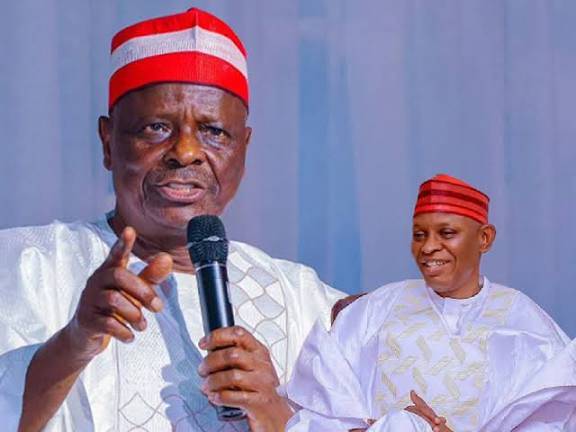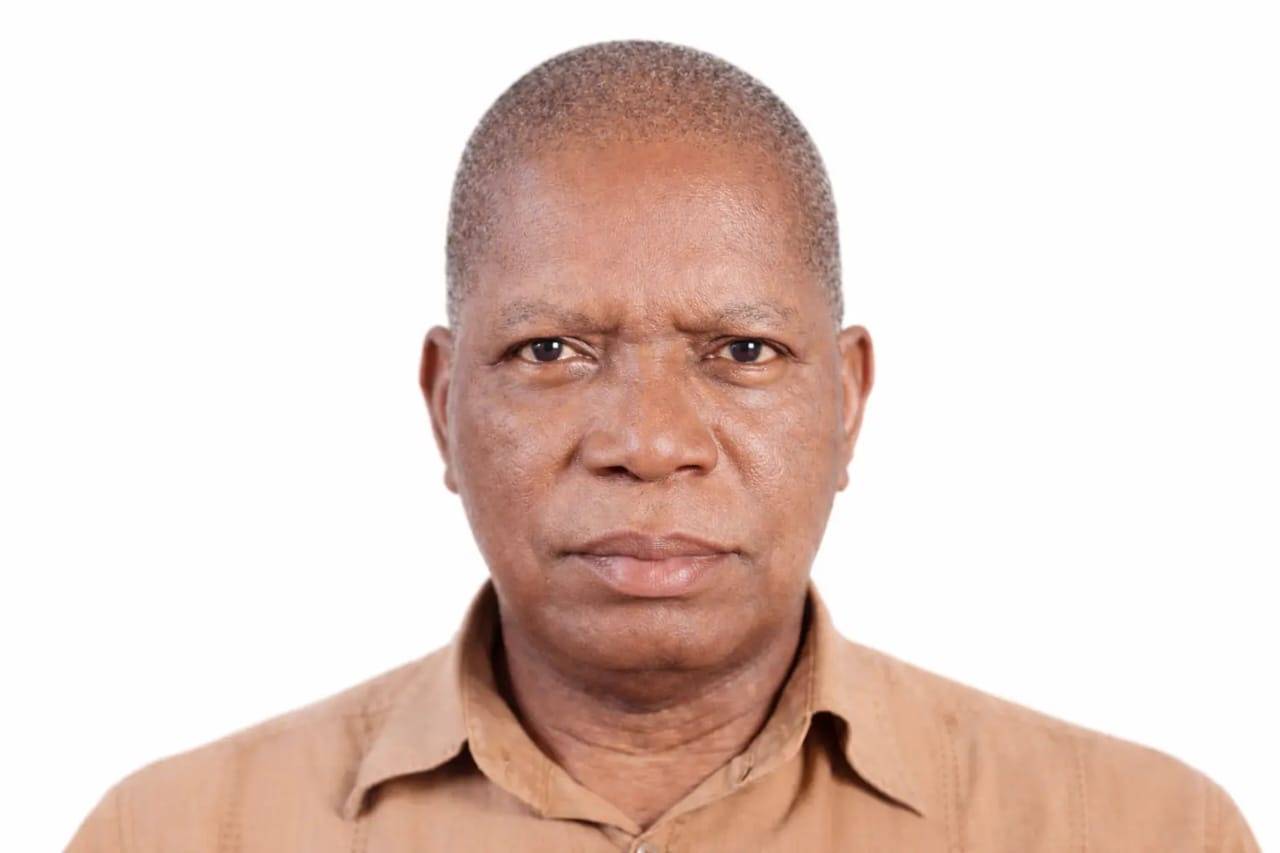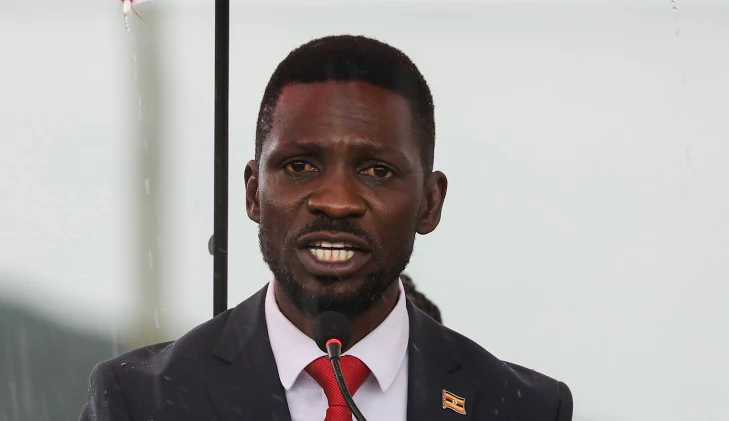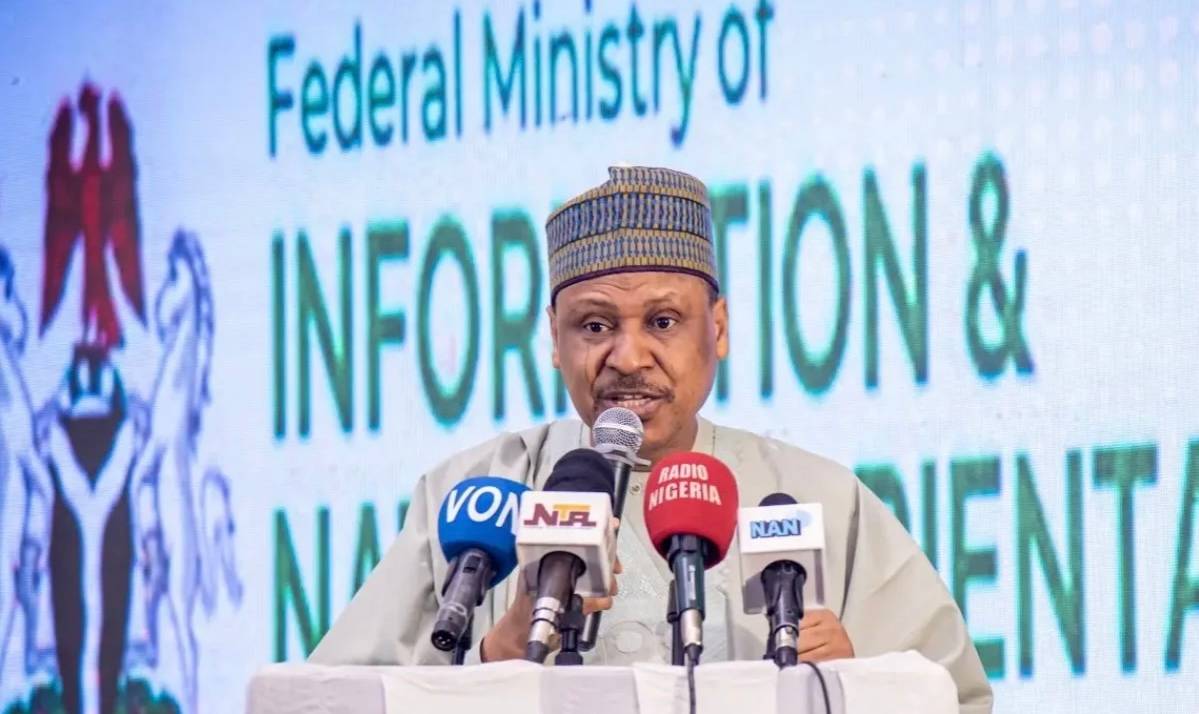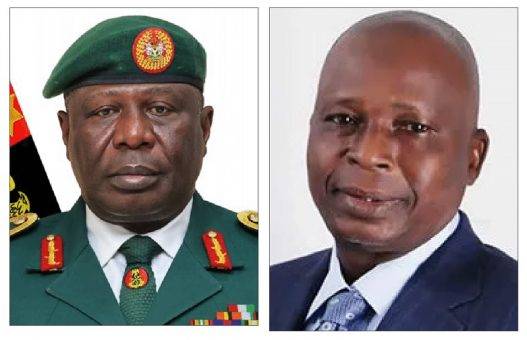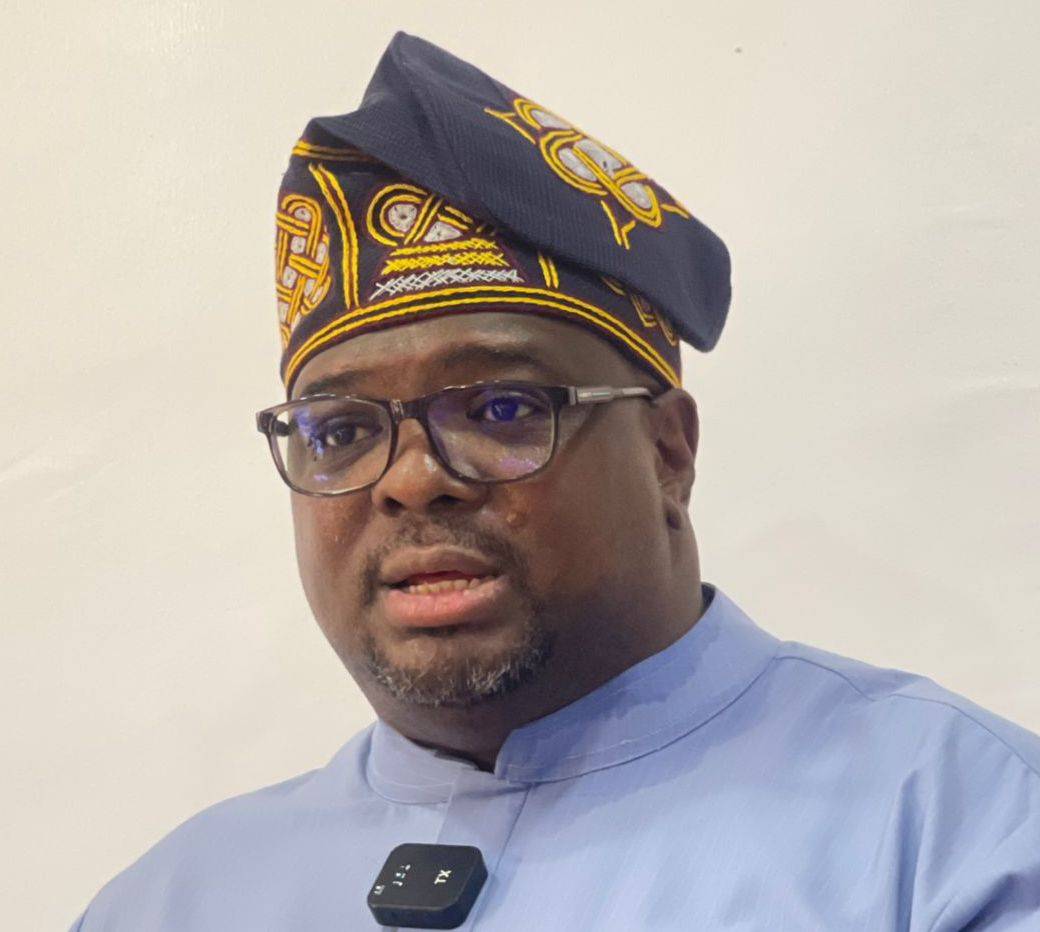By Segun Ayobolu
When he commented on President Bola Tinubu‘s administration during his presentation at an event in Lagos to commemorate the 21st anniversary of the death of radical lawyer and foremost human rights activist, Chief Gani Fawehinmi, the Emir of Kano, Alhaji Sanusi Lamido Sanusi, did not disagree with the thrust of the government’s ongoing economic reforms that have occasioned much controversy. Rather, he described the removal of the fuel subsidy as well as the merger of the parallel foreign exchange markets as necessary and inevitable policies that he would, however, not publicly rationalize or defend because he was not in a mood to help his friends in government who were not behaving like friends. At least he was characteristically honest and forthright about his personal grudges with the government and did not seize on the widespread hardships engendered by the reforms to react emotionally and stir up sentiments against the administration.
This was a far cry from the position of a former Secretary to the Government of the Federation (SGF) under President Muhammadu Buhari, Mr Babachir Lawal, a one-time ardent ally of President Tinubu who turned fierce opponent of the latter’s election because of the All Progressives Congress (APC) option to present a Muslim-Muslim ticket for the 2023 election. Despite the religious factor not being a hindrance to the APC victory as the likes of Babachir Lawal had anticipated, his adversarial stance against the President and his administration has hardened even when it is all too obvious that the government is not in any way pursuing an Islamaization agenda. And supporting former Kaduna State governor, Mallam Nasir el-Rufai’s strident criticisms of the administration, Babachir Lawal found it convenient to project the Tinubu administration’s economic policies as essentially anti-North.
Without resort to logical rigour or clinical policy analysis predicated on sound knowledge, the former SGF, an indigene of Adamawa State best known for a proclivity towards rather extravagant grass-cutting adventures, submits that “The North is seriously mobilizing with a consensus that Bola Tinubu must give way in the 2027 elections… Everybody understands that if we continue with these policies for another four years, northern Nigeria will become one large refugee camp. So, there’s a consensus that for self-preservation alone, we must look for another candidate”. Lawal does not feel compelled to state the premises that led to his rather bizarre conclusion. All that is necessary for him is to assert, not attempt any empirical validation.
Despite his demonstrated capacity for lucid policy analysis, el-Rufai himself, speaking at a recent two-day dialogue on democracy in Abuja, did not undertake a critique of the administration’s policies but based his opposition to the Tinubu government on perceived lack of internal democracy and consequent inactive party structures in the ruling APC. In his words, “I no longer recognize the APC. No party organ has met in two years, no caucus, no NEC, nothing. You don’t even know if it is a one-man show; it’s a zero-man show.” Urging opposition parties to unite and form a broad coalition to challenge the ruling party and protect democracy, he said that the APC had abandoned its founding mission of combating corruption, rebuilding the economy and enhancing security.
In his characteristic scathing manner, el-Rufai submitted that “For those of us who lived half of our lives under military rule, we know what it is. We don’t want military rule, but we also don’t want civilians behaving like the military in their babariga and suits”. But does el-Rufai possess the moral credibility to make some of these assertions? True, he made some impressive achievements in education reform and infrastructure renewal during his two-term tenure as governor of Kaduna State. But the truth is that the mostly Christian population of Southern Kaduna felt they were under a form of military rule under his administration. He dehumanized and showed scant regard for their dignity. He brutalized labour unions who dared to exercise their democratic rights to demonstrate. Under his watch, hundreds of protesting Ibrahim Zakzaky-led Shiite Muslims were allegedly murdered in cold blood and buried in mass graves. He openly threatened that foreign election observers would leave the country in ‘body bags’.
So much then for his new found democratic profession. And while he claims that the APC has abandoned its objective of fighting corruption, a probe of his administration undertaken by his successor in Kaduna State, Senator Uba Sani, found his government guilty of alleged financial infractions running into billions of Naira. Some have accused el-Rufai of embracing his anti-Tinubu antipathy because he was not appointed a Minister in the administration as he had desired but the truth is that the tempestuous petrel has never hidden his dislike for the President’s politics if not his person. But even if his unceasing criticisms of the administration is a function of his frustration at not being the beneficiary of a political appointment, that would not necessarily invalidate the validity of his arguments because to question the motive of a contention is not to disprove its internal consistency or verity.
Shortly after his expressed views at the Abuja summit on democracy in Nigeria, el-Rufai obviously endorsed and posted on his X handle (formerly Twitter) a view expressed by one Dr Uche Diala which suggests that rather than any iterated policy deficiencies or disagreements, his opposition to the Tinubu administration stems from an alleged disrespect and disdain towards the North by unnamed supporters of the President. An excerpt from the said Diala’s post reads, “Less than two years into the tenure, we are witnesses to how the relationship between the North and President Bola Tinubu or rather his administration is quickly deteriorating driven by the words and conduct of unfortunately many from the President’s geopolitical zone and tribe, truth be told. I have read and heard the arrogant posturing and braggadocio by some APC members and fellow supporters of President Bola Tinubu, especially from the Southwest geopolitical zone, I wonder if people have any sense of history and if they truly understand Nigerian politics.”
Attributing President Goodluck Jonathan’s electoral loss to General Muhammadu Buhari in 2015 less to his administration’s non-performance than to “the disrespect and insult directed towards the North” by Jonathan’s Ijaw ethnic group and the Southsouth political zone as a whole, el-Rufai echoes and amplifies Diala’s view that Tinubu is headed for a similar fate. The post’s threat is thinly veiled when it thunders that “Love or loathe that fact, the North remains the kingmaker in Nigerian politics, at least, as of today. Any politician or political party that plays with that political reality might pay a steep political price for it. People who ignore history are bound to fall victim and to repeat mistakes of the past”. Unfortunately, Dr Diala does not name those from the Southwest who have disrespected or insulted the North or how and el-Rufai failed to fill the gap.
There are those who have accused President Tinubu of unduly favouring the Southwest and especially Lagos in making critical appointments but such perceptions have not come solely from northerners and the allegation has not been backed by scientific empirical rigour. In any case, the same allegation was levelled against Buhari who was accused again in a rather loose manner of what was described as the ‘Fulanization’ of his administration. President Jonathan faced the criticism that his administration was skewed in favour of his ethnic Ijaw and the Igbo of the Southeast. A rather interesting case was that of President Olusegun Obasanjo whose administration was allegedly dominated by Igbo appointees even though he is of ethnic Yoruba extraction although some claim that he may not be genetically unrelated to the Southeast by some yet unproven accident of historical romantic adventurism. Given the ethno-regional configuration of Nigeria, it is unlikely that any President will in the foreseeable future escape this kind of perception and this cannot be a basis for the assertion that the Tinubu administration is anti-North.
Of course, some analysts have rightly pointed out the over simplistic fallacy of assuming that the North is politically homogeneous and unidirectional. And in truth, the constitutional requirement for the emergence of Nigeria’s President is such that no geopolitical zone can solely play the role of kingmaker. This is why despite amassing at least 12 million votes from the North in three previous elections, Buhari did not realize his ambition until his political tendency had forged a working alignment with the Southwest. And in the same vein, Tinubu’s victory in the 2023 presidential election could not have been possible without the support he enjoyed from the North even though Alhaji Atiku Abubakar’s strategy of seeking to win the election solely through northern votes proved surprisingly effective but for Tinubu’s wide network and political astuteness.
Atiku had pointedly urged northerners, mainly Hausa-Fulani not to vote for any non-northern candidate and ignored the clamour of five southern governors of the Peoples Democratic Party (PDP) to facilitate the emergence of a National Chairman of the party from the South following his clinching the presidential ticket contrary to the rotational zoning convention of the PDP.
Waziri Adamawa calculated that his sweeping northern votes would win him the presidency. Thus, Atiku won in the core Northern states of Yobe, Gombe, Adamawa, Katsina, Bauchi, Kaduna, Kebbi, Sokoto, and Taraba while winning in only Osun, Akwa Ibom and Bayelsa states in the South. However, Tinubu came second in the northern states won by Atiku while also emerging triumphant in such Northern states as Kwara, Jigawa, Nasarawa, Niger, Benue and Kogi states. The electoral dynamics of the election that produced President Tinubu suggest that the ‘North as kingmaker’ hypothesis is overly simplistic and misleading.
Responding to el-Rufai’s rather magisterial assertion that the North would not back Tinubu for reelection in 2027, the National Chairman of the APC and former of Kano State, Dr Abdullahi Ganduje, urged Northerners interested in contesting for President to wait till 2031. Basing his submission on the zoning convention as a political elite power-sharing compact in the Third Republic, Ganduje argued that “When a leader from the northern part of this country was in office for eight years, we advocated that the next president in our party should come from the South. Luckily enough, we worked very hard with the cooperation of Nigerians. Our President has come from the South and he is going inshallah for the second term in 2027. And then after that, it will turn to the northern part of this country”.
But Ganduje ‘s position was as controversial as that of el-Rufai as some other Northern voices contended that neither man could claim to have a mandate to speak for the North and that they expressed essentially their personal views. In the opinion of a former Secretary General of the Arewa Consultative Forum (ACF), Anthony Sani, “There is nothing controversial about the statements of the two. This is because none of the two people you have mentioned speaks for the North in so far as partisan politics is concerned. This is because the North can be united politically on issues of real concern to Northerners but when it comes to partisan politics, the North does not act in unison”. It would appear to me that Ganduje struck a more relevant and poignant note when he spoke on the inevitable imperative of the Tinubu administration’s economic reforms and the fruits they are beginning to yield as the basis for urging support for the President’s reelection for a second term.
According to him, “There is no doubt that many things went wrong over a long period of time and it requires surgery before we can get it right. We are happy that we have started seeing the outcome of the reforms, especially on the economic front, and we believe this will continue to yield positive results so that the legacy and the Renewed Hope Agenda will be achieved”. As I said earlier, the motives for el-Rufai’s criticism of what he regards as the organizational dormancy and institutional inactivity of the APC may not necessarily vitiate the cogency of his analysis. The PDP relied more on its control of the power and resources of the presidency during its 16 years in power from 1999 to 2015 rather than its structural vibrancy and organic linkage with the people. el-Rufai is right that there is a lesson the APC has to learn from the rise and decline of the erstwhile ruling party even though it is obvious that he desires the failure of a party in which he now perceives himself as marginalized.
Much more than pronouncing with a seeming arrogance that is unhelpful to President Tinubu that there is no vacancy in 2027, Ganduje would be of greater help to the President’s reelection bid if he decides to run by ensuring that he has an efficiently, effectively run and organizationally vibrant ruling party that can add value to the policy process, enhance qualitative governance and astutely manage intra-party tendencies and conflicts. That cannot be said to be the case now at all levels of the party and nothing best illustrates this better than the clumsy impeachment process of the erstwhile Speaker of the Lagos State House of Assembly, Hon. Mudashiru Obasa, as if the legislators are independent members of the House not elected on the platform of a political party.
Apart from the victories of the party in the Ondo and Edo State governorship elections, Ganduje’s most productive accomplishment as National Chairman of the APC so far is the launching of the newly established Think Tank and Resource Center of the party, The Progressive Institute (TPI) to undertake research and advice the Party on the performance and policies and programmes of all APC governments. In addition to such thoughtful initiatives, he should ensure that party structures and organs function so that its machinery is vibrant and alert to campaign and win elections with minimal reliance on monetization of the electoral process. But is there any rhyme or reason to Babachir Lawal’s rather unhinged assertion that President Tinubu’s policies are turning the North into a vast refugee camp? We will interrogate this claim shortly.
Culled from The Nation


